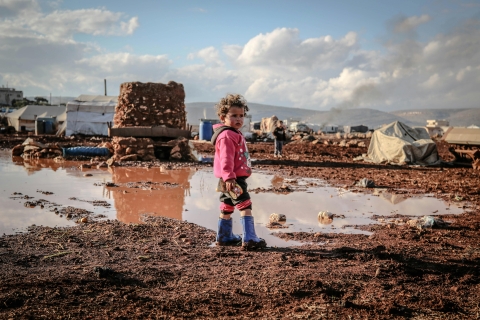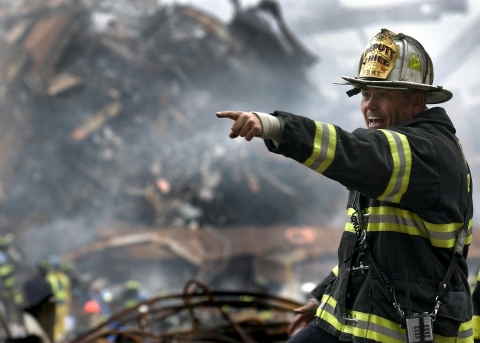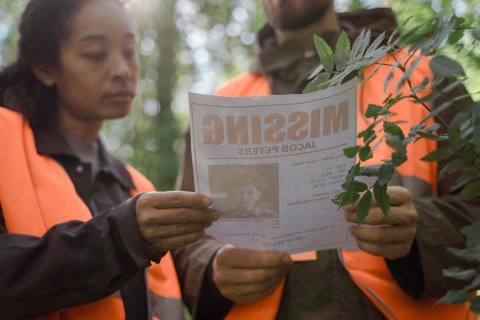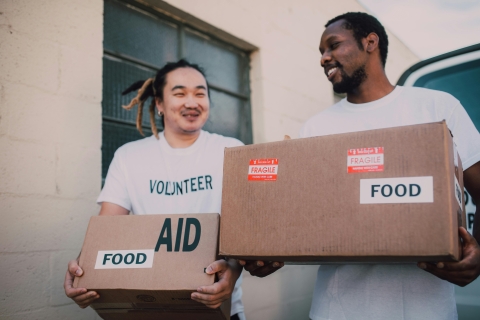
Main navigation - Library
Secondary Menu - Library
Secondary menu
Search suggestions update instantly to match the search query.
A Call to #ActForHumanity

A Call to #ActForHumanity
19 August is World Humanitarian Day, when the world remembers all those brave souls who when disaster strikes step up to help as others flee. We stand on the brink of an unprecedented crisis.
A world in crisis
Global political and economic destabilisation has heralded national funding cuts to national humanitarian aid contributions at the same time the world looks away from disasters as diverse as lethal droughts, you probably haven't even heard about in Somalia and Syria, conflicts in Mali and the Sudan, and civilian massacres in Burkina Faso, Myanmar, and Palestine. As ever, funding cuts, climate change, and war disproportionately impact the world's most vulnerable.

The unfolding global climate catastrophe is making the poor ever poorer and contributing to the global cost of living permacrisis. As pressure for donations from charities of all descriptions have led to compassion fatigue, economic instability has led to national spending on humanitarian relief being drastically cut, disproportionately impacting the world's most vulnerable. As at all such pivotal moments in human history, many people are suffering from compassion fatigue, overwhelmed by so many calls on their time and money that they struggle to make an impact or turn their outrage into positive action.
Inter arma enim silent leges
Roman historian Cicero once observed that 'in time of war, the law falls silent'. The world has not improved since. The IRC reports that clear violations of international laws intended to protect aid workers are routinely ignored and those responsible walk free. Humanitarian workers from Doctors Without Borders to the Red Cross/Crescent and the International Rescue Committee frequently end up working in warzones where the polite rules of war, such as not attacking humanitarian workers or shooting journalists no longer apply.
Humanitarian workers are underfunded, overstretched, and under attack as they struggle to keep civilians alive and safe in a warzone not of their own making. The IRC reports that over 380 humanitarian workers were killed and hundreds more injured, kidnapped or detained in 2024 alone, some in the line of duty and that 2025 is shaping up to be even worse.

A rallying call from the International Rescue Committee
In response, the International Rescue Committee is relaunching it's #ActForHumanity campaign. The call is simple: to channel global outrage into political activism, calling on those in power to protect humanitarian workers, enforce international laws, and pay more than lip service to the humanitarian lifelines maintaining the world's most vulnerable.

So what can we do?
If you feel moved to respond to the world's worsening humanitarian crisis, the BBC has suggested ways we can all help, including engaging with CV-enhancing local volunteering opportunities with humanitarian charities to support the vulnerable in this country and organise relief in this country and efforts abroad.
Careers and Employability and the local council's HIVE service have details of volunteering opportunities that can enhance your employability at the same time they allow you to express your common humanity and support the world's most vulnerable.

